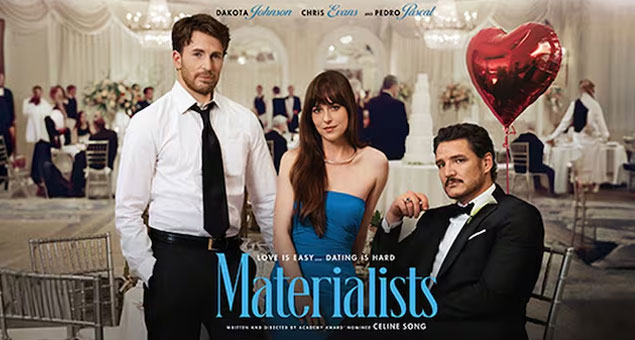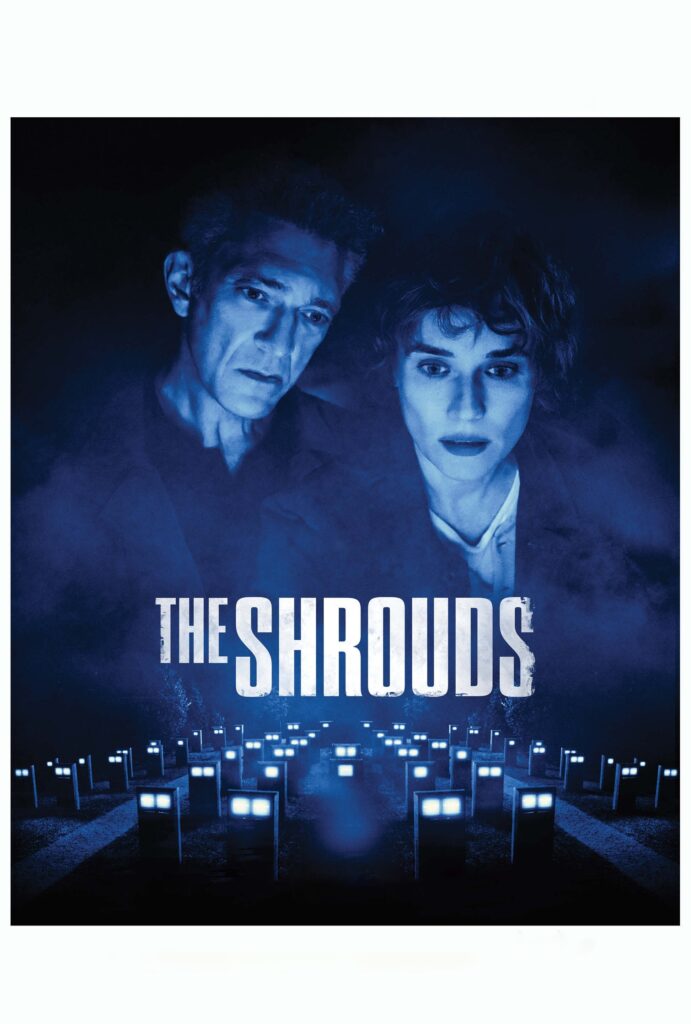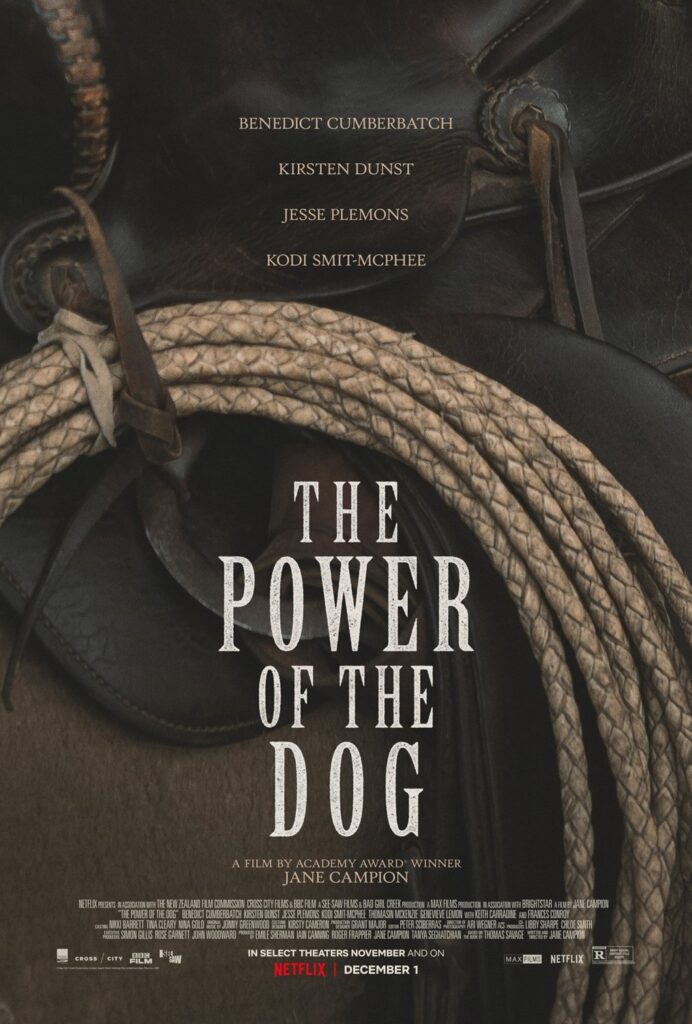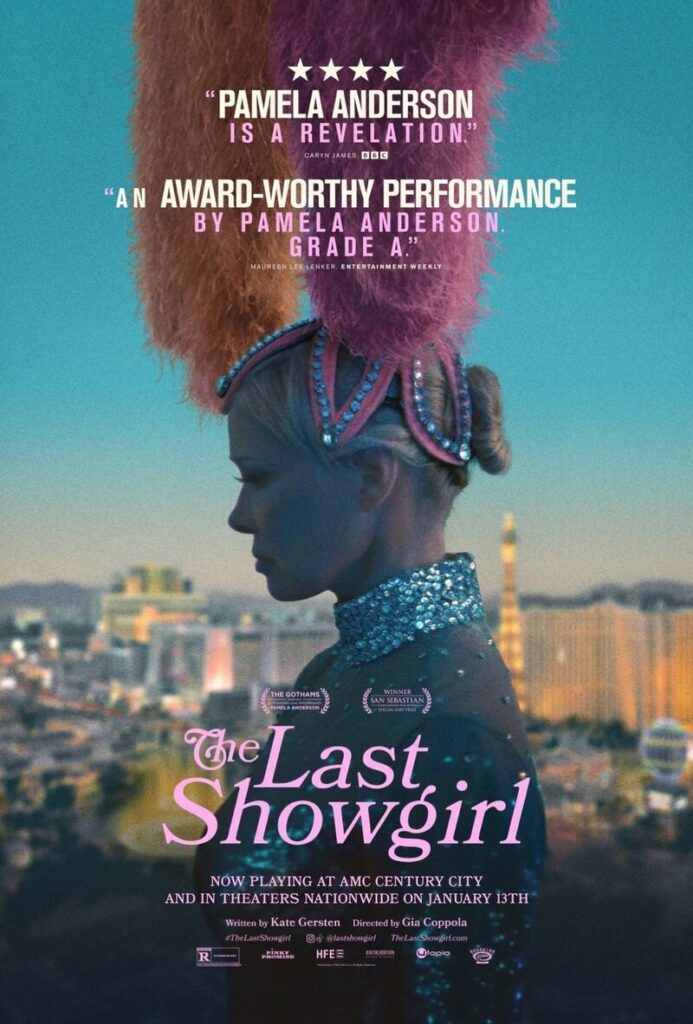
I guess because Manohla Dargis gave it a wonderful review in the NYTimes and it became a “critic’s pick” in the same newspaper, this play seems to be doing well. Sorry, it’s supposed to be a movie. But it’s a play.
At first I thought it was an adaptation because I didn’t know she had also written it, but there isn’t a single scene in the movie that I couldn’t also see, in my mind’s eye, on the stage. This is primarily because every moment of it is talking — and it inadvertently gets to the core of what the difference is between theatre and film.
First of all — this train of thought was brought about by another idiotic thing that Bill Mahr said, which was that “Magazines are dead.” Sometimes, a form can go dead. The thousands of gods that men have invented over the millenia are mostly dead, except for 2 or 3 now. Jesus’s attempt to kill his father almost succeeded, but God, the Father, still reigns over Jesus and I think most would agree that the Christian God is a god, while Jesus is a chimera or hybrid God/man. Sometimes, when we’re in a bind, we say, “Jesus fucking Christ,” and sometimes we say, “oh God.” But generally, I don’t think they’re interchangeable. Even in my own atheism I would probably say, “Oh God,” if I saw a car bearing down on me and not “Oh Jesus.”
Anyway, when it comes to art, there’s always been a most popular form. Poetry has existed alongside all these forms but has never been “thee” form. For many hundreds of years it was theatre. From the Greeks, Thespus and the Greek chorus, to the morality plays that toured around wearing signs that read, “Lust” and “Greed,” just to make sure the idiots understood what they were looking at, to Shakespeare and all the men and women that came after, theatre was the popular form. Then came the novel. After the novel was the movie. Then movies went to the small screen — the television. And now, probably, the most popular form is the cellphone screen and its snippets of memes and news.
But movies didn’t die. Television hasn’t died. The novel hasn’t died. Opera and Theatre haven’t died. Certain instruments, like the harpsichord, have disappeared, but you can still find harpsichord performances here and there. And in spite of Mahr’s tendency to exaggerate, the magazine hasn’t died either.
But theatre is very interesting because almost every transition from the stage to screen has been, at some level, a transposition of theatre to the new form. So the very early stage of television (think of The Jackie Gleason show) was basically a play, performed on a stage with an audience, and filmed from the audience’s view with a single camera using Cinemascope. Very early movies, like the vile Birth of a Nation, tended toward this setup as well. (Mostly the interior scenes.) But when Desi Arnaz and Lucille Ball gave Columbia Broadcasting the number 1 show in America, Desi decided to use film, in 3 cameras, with sets and a studio audience BEHIND the cameras, and changed the way we viewed television. It was still theatre, but there was a little bit of movement in that they could go from one room to the next without much of a break. Every sitcom followed suit, right up to what is considered to be the last and final sitcom: The Big Bang Theory.
The main problem with theatre is that it doesn’t move and all of the action is spoken. A lot of times, the characters are just playing catch up — you can think of some of Shakespeare’s introductory pages and they are often two soldiers catching each other up on what’s happened. Sometimes he would even have a narrator or character come right to the front of the stage and say, “This has happened.”
That is the big problem with this movie. It is not a movie. It is a series of scenes that could take place on a blackened stage with very few props. A beer and a coke. Probably a cellphone or two. The most action that takes place is when two of the characters decide to drive up to “the country,” and then turn around after crashing a wedding party because they have a fight or decide they don’t like each other, or something. I don’t know. I didn’t care.
It’s also very poorly structured. She, the protagonist, goes with the ideal man: super wealthy, tall because he wanted to be, handsome, older, attentive. Then she decides she likes the poor, (also tall), (also handsome), a tiny bit older and (also attentive) guy. The End.
Like almost all movies I see these days, I was left wondering whether anything was going to happen, or when were they going to get into it. I was left wondering why there hadn’t been any conflict, except to a minor character who was mostly on the phone.
This movie supposedly explodes the Rom Com formula which, in my opinion, was just 90 minutes of cringe until the woman gets what she wants, which is a ring on her finger. (“If you liked it shoulda put a ring on it,” sang Beyonce.) Really, in my opinion, the romance or romantic comedy, is always about getting the woman to say yes. It is an extremely difficult genre to write because it looks as if the protagonist is the male, who is always doing the work, or walking away from it, or coming back to it — but in fact, it’s the passive female who is actually in charge — making the man work, or waiting waiting waiting, until the conditions are just right for her to say “yes,” which may mean marriage in the movie’s plot, but ultimately means “child.” And that’s regardless of whether or not the woman can have a child. Landford Wilson, one of America’s great playwrights, demonstrated this in Talley’s Folly.
But in the time tested tradition of boy meets girl, boy loses girl, boy gets girl — or some variation of that: meets, gets, loses, gets again — this didn’t have that. This was, as the title suggests, a shopping trip. She, as a matchmaker, has a set of boxes that her clients have to check: must be over 6 feet, must make $150K a year, etc. And the movie ultimately showed us how that computer based decision making works. Pedro Pascal’s character, once dismissed, never shows up again, not even once. He’s just discarded like packaging around some food. And then we’re on to number 2, Chris Evans. And that’s who she picks. The closing credits, where I was wondering nothing happened, shows the New York City marriage hall, where they are having a “poor” wedding and seem to have forgotten to bring two witnesses.
I suppose if the cynical “marriage is a business and you’re look for a grave buddy,” theme were disproved, somehow, it might have been interesting. But there is only lip service paid to love. and I think the director/writer probably doesn’t have a very strong sense of why it takes women longer to be in love, why she chooses her mate carefully, or sometimes carelessly, or what vulnerability means to women in the first place.
Women and gay men generally get along, not because they like shopping, creativity, crafts, flowers, fashion and so on, which may all be true, but because they both understand the violence of men and our attraction to them.
But ultimately it was just a 2-act play. Act 1: Pedro Pascal. Act 2: Chris Evans.
(Being tired of wasting my money on movies that are made by people who don’t know how to write and sometimes direct, I think I’m going to start skipping shit I don’t like. I was very curious to see “The Life of Chuck,” because of Tom Hiddleston, and in spite of it being a Stephen King story. But I’ll trust the reviews this time. It is a movie based on a Stephen King story, so it is garbage. The reviews called it Suburban Armageddon.)




